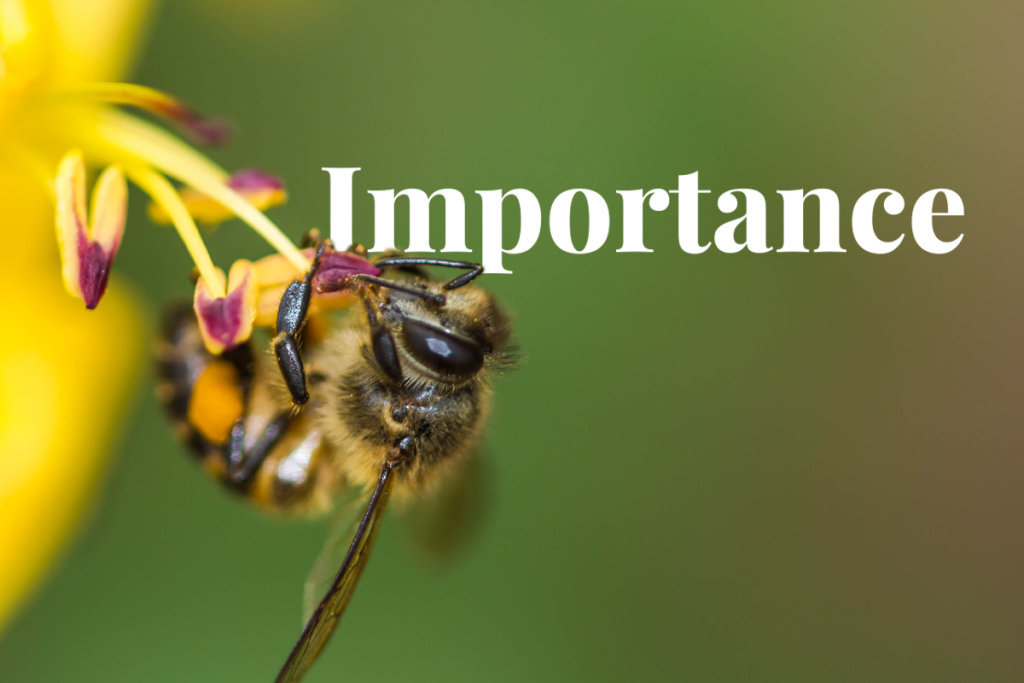
Biodiversity, the variety of life on Earth, plays a crucial role in maintaining healthy ecosystems. It is the foundation that supports all life, providing essential services such as clean air, water, and food. As ecosystems are composed of complex webs of interdependent species, the loss of biodiversity can have cascading effects that disrupt these systems.
Healthy ecosystems rely on the diversity of species to function effectively. For example, in forests, a wide range of plant species ensures that the soil remains fertile and that there is a steady supply of food for herbivores. Predators, in turn, keep herbivore populations in check, preventing overgrazing. This balance maintains the ecosystem’s health, enabling it to support various forms of life, including humans.
However, human activities such as deforestation, pollution, and climate change are threatening biodiversity at an alarming rate. As species disappear, ecosystems lose their resilience, becoming more vulnerable to disturbances like disease outbreaks or extreme weather events. This can lead to the collapse of ecosystems, resulting in the loss of vital resources.
Conserving biodiversity is therefore essential not only for the well-being of wildlife but also for human survival. Protecting natural habitats, reducing pollution, and promoting sustainable practices are key strategies in preserving biodiversity. By safeguarding the richness of life on Earth, we can ensure that ecosystems continue to thrive, supporting the myriad forms of life that depend on them, including ourselves.